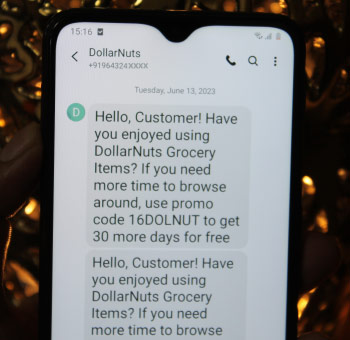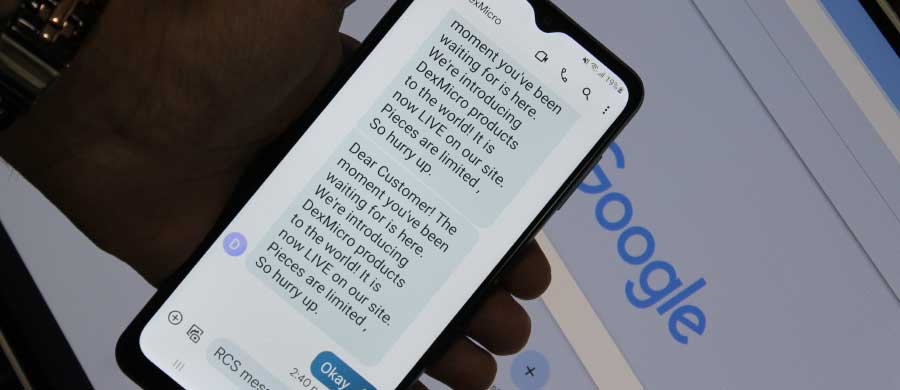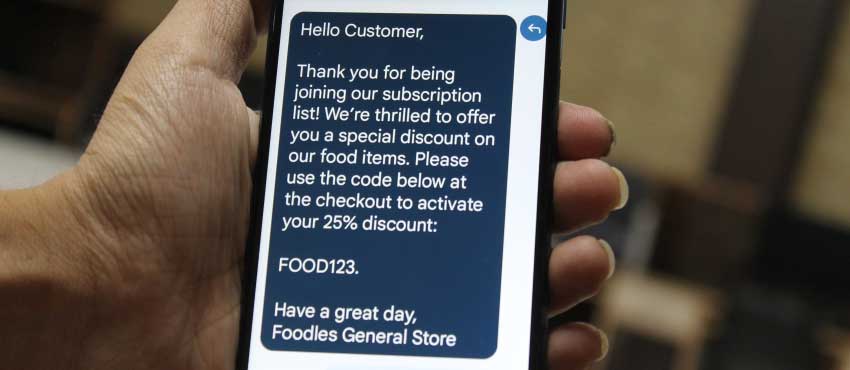Level of Support provided by Bulk SMS Software
The level of support provided for Bulk SMS software can vary depending on the software provider and the specific plan or package you choose. However, here are some common types of support that are typically offered:

-
Documentation: Most Bulk SMS software providers offer comprehensive documentation, including API reference guides, integration tutorials, FAQs, and troubleshooting resources. This documentation serves as a self-help resource, providing instructions on how to integrate and use the software effectively.
-
Customer Support Channels: Providers generally offer customer support channels to address any issues or inquiries you may have. These channels may include email support, live chat, phone support, or a support ticketing system. The availability and responsiveness of these channels may depend on your chosen plan or package.
-
Technical Support: If you encounter technical difficulties or face challenges during the integration process, the software provider's technical support team can assist you. They can provide guidance, help troubleshoot problems, and offer solutions to ensure a smooth integration experience.
-
Account Management: Some Bulk SMS software providers assign dedicated account managers or customer success representatives to their customers. These individuals can provide personalized assistance, answer questions, offer best practices, and help you optimize your use of the software.
-
Training and Onboarding: Depending on the complexity of the software and your needs, providers may offer training sessions or onboarding programs to help you get started. These sessions can cover topics such as software features, integration methods, campaign management, and reporting.
-
Service Level Agreements (SLAs): In some cases, enterprise-level plans or agreements may include service level agreements that define specific response times, availability guarantees, and other performance metrics. SLAs provide assurance of a certain level of support and reliability.
It's important to note that the extent and availability of support can vary depending on the pricing tier or plan you select. Basic or lower-cost plans may offer limited support, while higher-tier plans or custom enterprise agreements may include more comprehensive support options.
When evaluating Bulk SMS software providers, it's recommended to review their support offerings, read user reviews, and assess the reputation of their customer service. This will help you choose a provider that aligns with your support expectations and can effectively assist you throughout your integration and usage journey.
Can I Schedule SMS Messages at a later time or date with Bulk SMS Software
Yes, you can schedule SMS messages to be sent at a later time or date using Bulk SMS software. Bulk SMS software allows you to send a large number of SMS messages to multiple recipients simultaneously, and it often includes the functionality to schedule messages for future delivery.
Here's how scheduling SMS messages with Bulk SMS software typically works:
-
Select the recipients:
First, you would typically create a list of recipients or import contacts from a file or database. This list can include multiple phone numbers or contact groups.
-
Compose your message:
Next, you would compose the SMS message that you want to send to the recipients. Bulk SMS software usually provides a user-friendly interface where you can enter the message content, including text, links, and placeholders for personalization.
-
Schedule the delivery time:
After composing the message, you can specify the exact date and time at which you want the SMS messages to be sent. Bulk SMS software typically offers a scheduling feature where you can choose the desired delivery time, which can be a future date and time.
-
Confirm and review:
Before scheduling the messages, it's important to review and double-check the message content, recipient list, and delivery time. Ensure that all the details are accurate and meet your requirements.
-
Schedule the messages:
Once you're satisfied with the message and delivery settings, you can schedule the SMS messages for delivery. Bulk SMS software usually provides a button or option to initiate the scheduling process. Upon confirmation, the software saves the scheduled messages in a queue and prepares them for delivery at the specified time.
-
Automatic delivery:
At the scheduled time, the Bulk SMS software automatically initiates the delivery process. It sends the SMS messages to the specified recipients' phone numbers using the SMS gateway or network connection integrated with the software.
-
Delivery status and reporting:
After the messages have been sent, the Bulk SMS software typically provides detailed delivery reports and logs. These reports inform you about the status of each message, including whether it was successfully delivered, failed, or pending.
In conclusion, By using Bulk SMS software, you can streamline and automate the process of scheduling SMS messages for future delivery. This is particularly useful when you want to send time-sensitive information or promotional messages to a large audience while ensuring that they receive the messages at the right time.
Integrate Bulk SMS Software with my Existing Systems or Applications
Here are some general steps to guide you through the integration process:

-
Understand your requirements:
Begin by identifying the specific goals and requirements for integrating the Bulk SMS software. Determine the features and functionalities you want to leverage, such as sending automated notifications, alerts, or marketing messages.
-
Develop or configure the integration:
Develop the integration using your preferred programming language and tools. Alternatively, if your Bulk SMS software offers pre-built integrations or connectors, configure them to connect with your systems. Implement the necessary API calls to send messages, manage contacts or groups, and track delivery status.
-
Review the API documentation:
Most Bulk SMS software providers offer APIs (Application Programming Interfaces) to enable integration with external systems. Obtain the API documentation from your chosen provider and carefully review it to understand the available endpoints, parameters, authentication methods, and data formats.
-
Design your integration approach:
Based on your requirements and the API documentation, design an integration approach that suits your existing systems or applications. Consider whether you want a one-way integration (sending messages only) or a two-way integration (sending and receiving messages).
-
Test the integration:
Before deploying the integration to production, thoroughly test it in a development or staging environment. Use sample data to verify that messages are being sent correctly, delivery status is being updated, and any other desired functionalities are working as expected.
-
Authentication and security:
Ensure you follow the authentication and security guidelines provided by the Bulk SMS software provider. Typically, this involves using API keys or tokens to authenticate your requests, as well as encrypting data transmission through HTTPS.
-
Choose a Bulk SMS software provider:
Research and select a reputable Bulk SMS software provider that aligns with your needs. Consider factors like cost, reliability, scalability, API capabilities, and customer support.
-
Scale and optimize:
As your usage and requirements evolve, ensure that your integration can scale accordingly. Monitor performance metrics, optimize API usage, and periodically review the integration to incorporate any updates or new features provided by the Bulk SMS software provider.
